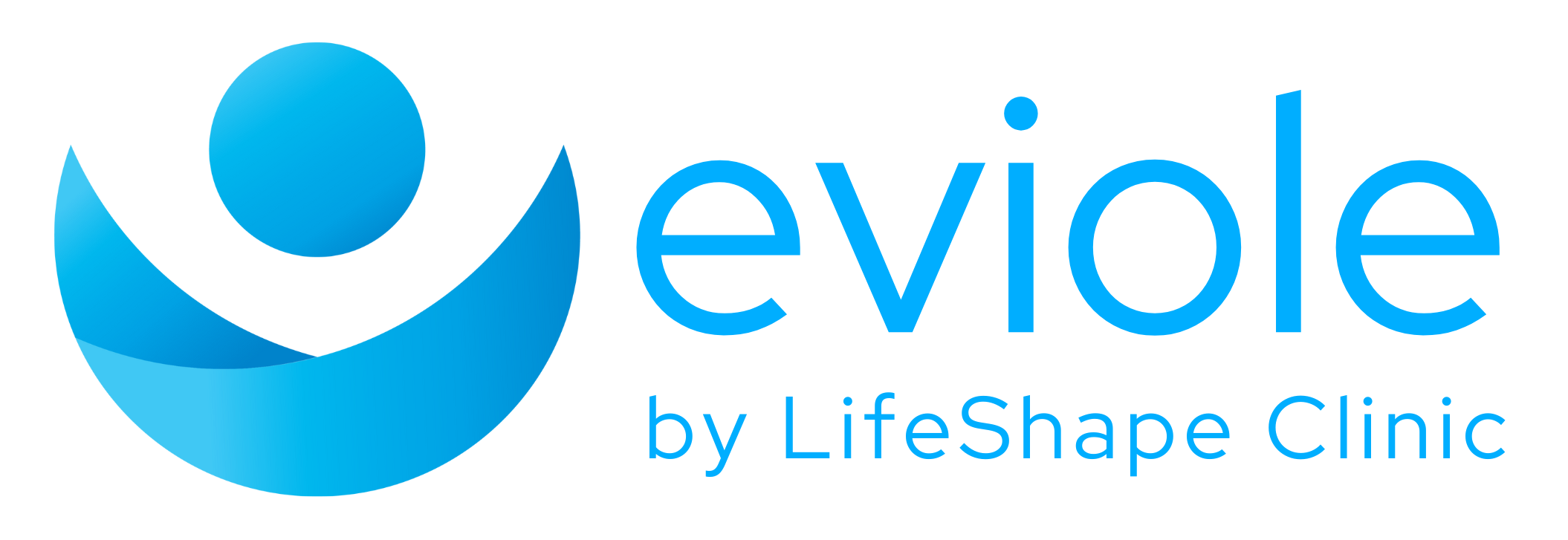How Much Water is Enough?
The answer depends on your body size and daily activity level. On average, an adult will lose between one and three litres of water per day. Water is lost through urine, faeces, perspiration and breathing. Some of this loss can be replaced by moisture in the food and beverages we consume. Beverages such as coffee…










